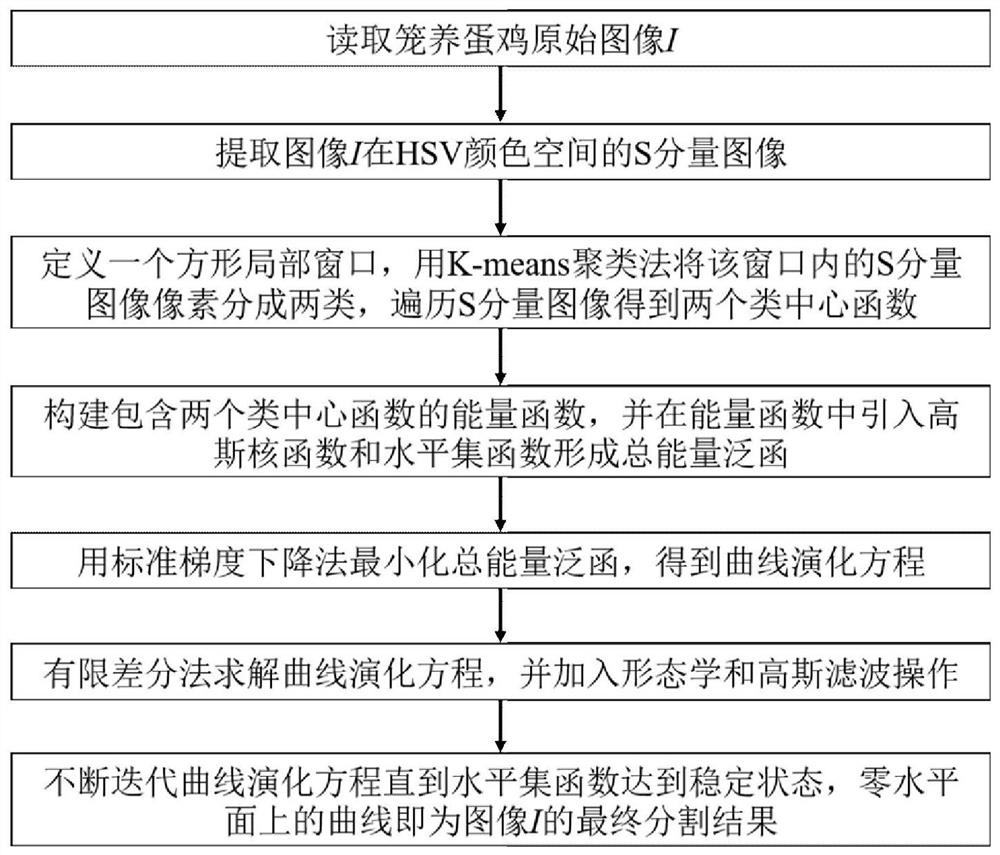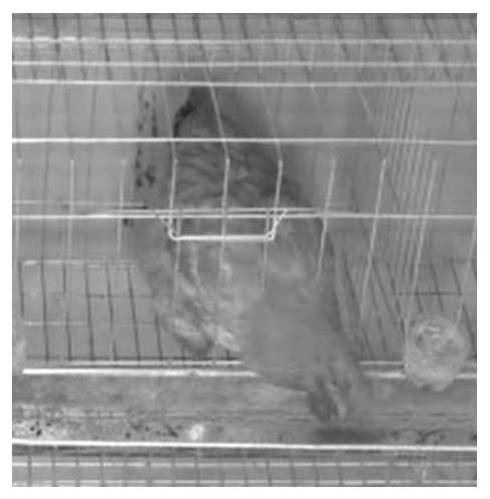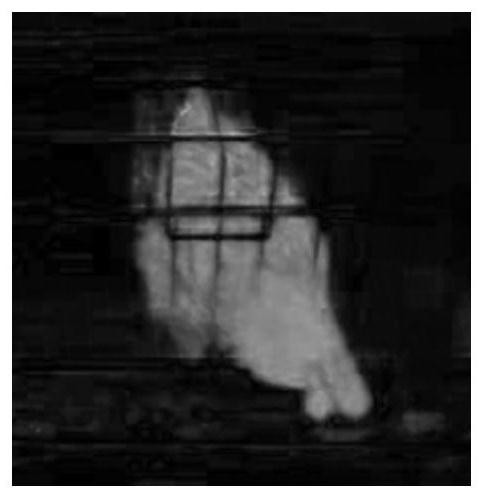An Image Segmentation Method for Caged Layers Based on Improved Active Contour Model
An active contour model and image segmentation technology, applied in the field of image segmentation of caged laying hens, can solve the problems of sensitive initial contour setting, weak anti-occlusion ability, affecting image segmentation accuracy and segmentation efficiency, and achieve the goal of eliminating the influence of cage occlusion Effect
- Summary
- Abstract
- Description
- Claims
- Application Information
AI Technical Summary
Problems solved by technology
Method used
Image
Examples
Embodiment Construction
[0056] The present invention will be further described below in conjunction with the accompanying drawings and embodiments.
[0057] like figure 1 Shown steps, the specific implementation process of the present invention is as follows:
[0058] 1) Set the initialization parameters, including the square local window Ω x The central pixel point x and width w, the average kernel function K σ and G σ , the structural element b, the parameter ε of the Dirac function, and the iteration step size Δt.
[0059] 2) Read the original image I of caged laying hens, such as figure 2 As shown, extract the S component image I of the original image I of caged layer chickens in the HSV color space s :Ω, such as image 3 shown.
[0060] 3) Use the standard k-means clustering method to divide the square local window Ω x The image pixels are divided into two types of regions according to the gray value s and Ω l , and traverse the S component image to get the region Ω s and Ω l The tw...
PUM
 Login to View More
Login to View More Abstract
Description
Claims
Application Information
 Login to View More
Login to View More - R&D
- Intellectual Property
- Life Sciences
- Materials
- Tech Scout
- Unparalleled Data Quality
- Higher Quality Content
- 60% Fewer Hallucinations
Browse by: Latest US Patents, China's latest patents, Technical Efficacy Thesaurus, Application Domain, Technology Topic, Popular Technical Reports.
© 2025 PatSnap. All rights reserved.Legal|Privacy policy|Modern Slavery Act Transparency Statement|Sitemap|About US| Contact US: help@patsnap.com



